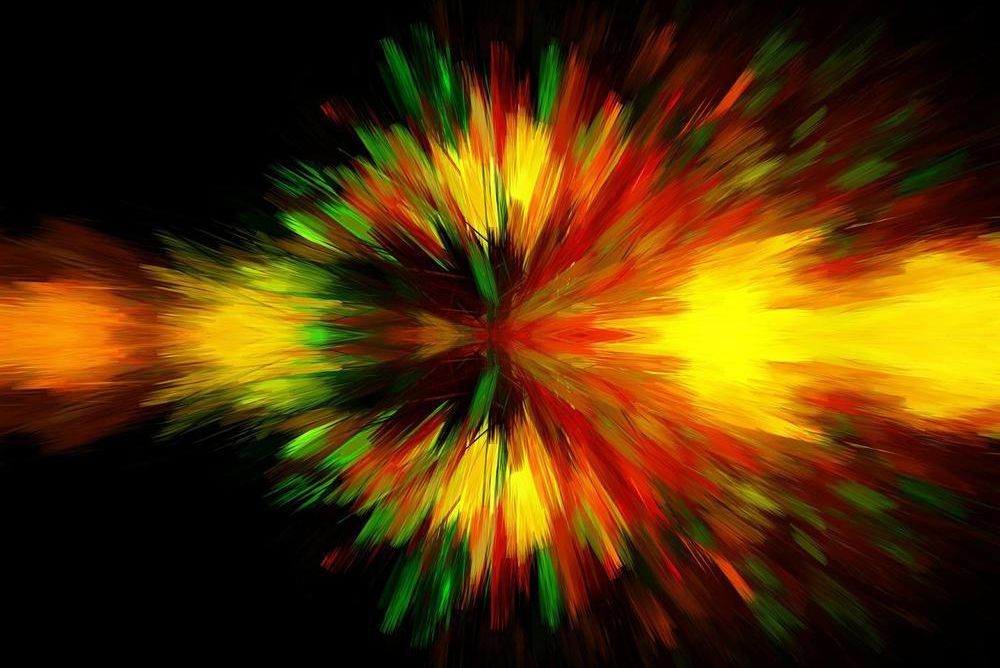In a certain sense, physics is the study of the universe’s symmetries. Physicists strive to understand how systems and symmetries change under various transformations.
New research from Washington University in St. Louis realizes one of the first parity-time (PT) symmetric quantum systems, allowing scientists to observe how that kind of symmetry—and the act of breaking of it—leads to previously unexplored phenomena. The work from the laboratory of Kater Murch, associate professor of physics in Arts & Sciences, is published Oct. 7 in the journal Nature Physics.
Other experiments have demonstrated PT symmetry in classical systems such as coupled pendulums or optical devices, but this new work in Murch’s lab, along with experiments in China by Yang Wu et al., reported in Science this May, provides the first experimental realization of a PT-symmetric quantum system.
